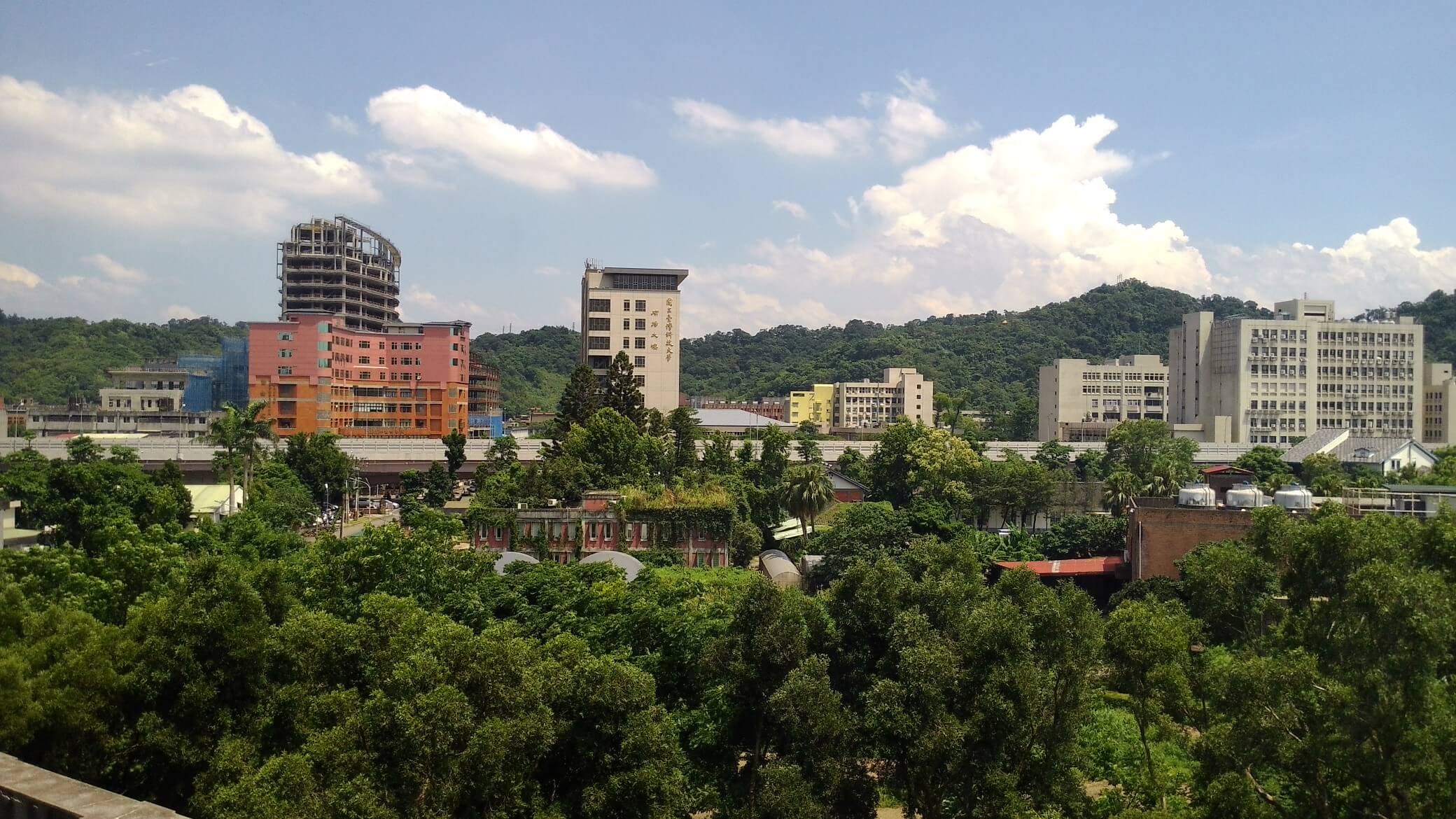GNOME.Asia Summit 2018 Call for Papers is now open
GNOME.Asia Summit 2018 invites proposals for presentations at the conference.
GNOME.Asia Summit is the featured annual GNOME conference in Asia. It focuses primarily on the GNOME desktop, but also covers applications and the platform development tools. The summit brings together the GNOME community in Asia to provide a forum for users, developers, foundation leaders, governments and businesses to discuss the present technology and future developments.

picture from Chi-Hung Lin – https://www.flickr.com/photos/92585929@N06/27325096293, CC BY-SA 2.0
The conference will be co-hosted with COSCUP 2018 which will be held in Taipei, Taiwan from 2018-08-11 until 2018-08-12. We welcome proposals by newcomers and experienced speakers alike.
Please submit yours at: https://docs.google.com/forms/d/e/1FAIpQLSfKnffsc_Ke2ZEP3fInJkAwEzXFUM24HZ7dYYluoGLmHMQjZw/viewform
Chinese Version(local language) 中文版(本地語言)請參見:https://openingsource.org/2003/zh-tw/
Important Information
- The deadline:
- Submission: 2018-05-20
- Notification of acceptance: 2018-06-01 until 2018-06-05
- Full programme published: Early July
- Conference:
- Conference date: Aug 11th – 12th , 2018
- Venue: National Taiwan University of Science and Technology, Taipei, Taiwan.
Possible topics include, but are not limited to:
Contributing to GNOME
- Latest developments
- Writing applications for GNOME 3
- UI design
- QA and testing
- Accessibility
- Human Interface Engineering (Icons and Graphic Design)
- Marketing/Engagement
- Asia success stories / Local GNOME Projects
- GNOME and Education
- FOSS outreach programs, including Google Summer of Code
- Developing GNOME on mobile devices (smart phones, tablets)
- Developing GNOME on embedded systems or open hardware
Contributing to Linux and F/LOSS
- Linux kernel and development
- The development and promotion of open-source operating systems
- About Debian, Fedora, openSUSE, Ubuntu, FreeBSD, and other distributions
- The development and promotion of other open-source projects
Open Source Enlightenment and Related Story
- The Knowledge and Spirit of Open Source
- Open Source stories of your own
- How to optimize the process and improve efficiency with the help of open-source tools
- How to engage non-technical clightning talksontributors in Open Source Projects
- How to engage more female contributors in Open Source Projects
Emerging Technologies
- Artificial Intelligence
- DevOps with AI
- Deep Learning
- AR & VR
- Big Data
- Distributed systems
- Open Source DevOps
We are also interested in other topics related to Free/Libre and Open Source Software which are not listed above.
There will be an opportunity for speakers and GNOME Foundation members to request sponsorship by the GNOME Foundation. Please submit applications to the GNOME Travel Committee https://wiki.gnome.org/Travel .
A standard session will be scheduled for 45 mins (35 mins talk + 10 mins Q&A). The session could be a technical talk, panel discussion, or BOF. If you need more time or additional resources, feel free to get in touch with the organizing team.
For those who would like to participate but are not sure if they’d like to do a full talk, we have shorter lightning talks. These are a 10 minutes presentation to demonstrate your work or promote an interesting topic. These talks will be grouped together in a single session.
Please provide a short abstract of your proposal (under 150 words). Include your name, biographical information, a photo suitable for the web, a title, and a description of your presentation. The reviewing team will evaluate the entries based on the submitted abstracts and available time by following the schedule.
Submission deadline: 2018-05-20
Confirmation of paper acceptance: 2018-06-01 until 2018-06-05
All interested contributors are highly encouraged to send in talks.
The GNOME.Asia 2018 Team